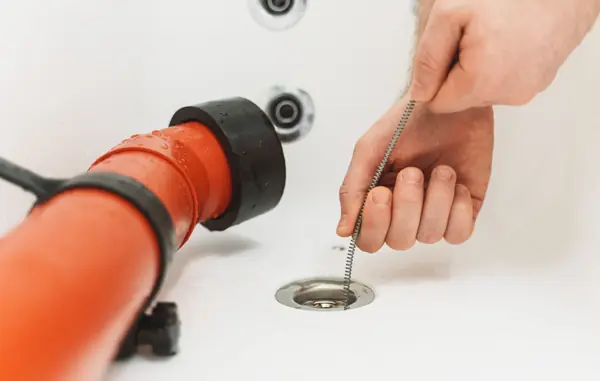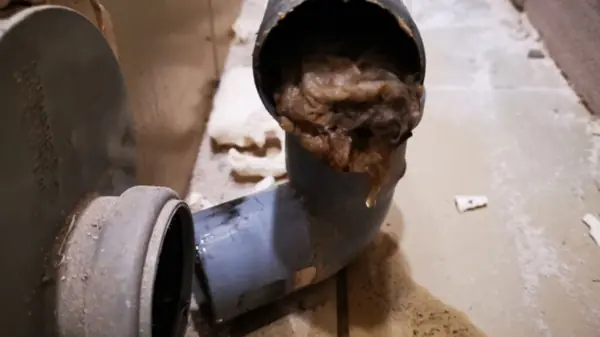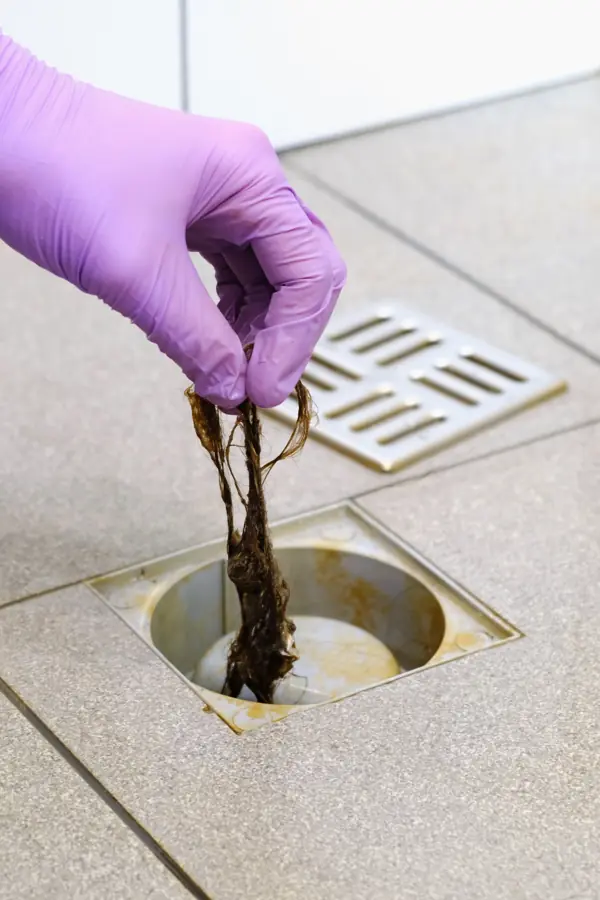Nothing ruins a nice yard faster than a busted drain field. It’s the kind of problem nobody talks about until it’s too late — soggy patches, bad smells, and messes that no one wants to deal with.
But here’s the good news: drain field repair is quietly making a big comeback in suburbs everywhere. Fixing these underground systems doesn’t just save yards; it protects homes and keeps neighborhoods healthy. It’s like giving your property a fresh start beneath the surface, without the chaos of a full septic system overhaul.
More and more homeowners are catching on, choosing smart repairs that bring their yards back to life, one fix at a time.
How does drain field repair impact suburban property values?
Drain field repair can significantly impact suburban property values, especially in areas where homes rely on septic systems. A functional and well-maintained drain field is crucial not only for the health of the septic system but also for preserving the integrity of the yard and avoiding costly damage.
Ignoring repair needs can lead to property devaluation, while proactive maintenance can boost buyer confidence and long-term value. Here’s how drain field repair influences property value:
- Protects Landscaping: Proper repair prevents saturated lawns, standing water, and unpleasant odors—key visual and functional issues that turn off potential buyers.
- Avoids Costly Replacements: A repaired system shows that the homeowner is proactive, reducing the likelihood of expensive full system replacements, which can negatively affect the resale price.
- Improves Inspection Outcomes: Septic inspections during home sales are common. A healthy, repaired drain field passes these checks more easily, making transactions smoother.
- Increases Buyer Confidence: A home with recent septic system maintenance is more appealing to buyers looking for move-in-ready properties.
- Enhances Health and Safety: Repairing a failing drain field helps prevent contamination of groundwater and surrounding soil, protecting the home and community.
Timely drain field repair is more than maintenance—it’s an investment in property value and peace of mind.
What are common signs that a suburban drain field needs repair?
Common signs that a suburban drain field needs repair often show up gradually—and ignoring them can lead to serious and costly problems. Because the drain field is underground, it’s easy to overlook until visible or olfactory symptoms appear. Here are the most common warning signs:
- Soggy or Flooded Yard: Standing water or unusually wet patches above the drain field may indicate the system isn’t properly dispersing wastewater.
- Foul Odors: Persistent sewage smells around the yard, especially near the drain field, signal that wastewater isn’t being filtered correctly.
- Slow Drains and Backups: If sinks, tubs, or toilets are draining slowly or backing up, it could be due to a failing drain field struggling to handle normal flow.
- Lush, Uneven Grass Growth: Patches of grass that grow faster or appear greener than the surrounding lawn may be absorbing excess nutrients from leaking wastewater.
- Gurgling Sounds in Plumbing: Noises from toilets or drains when water runs elsewhere in the home can point to septic or drain field stress.
If any of these signs appear, it is important to call a septic professional promptly. Early intervention can prevent more serious damage, protect your property, and save thousands in replacement costs.
Why are suburban communities focusing on underground wastewater solutions?
Suburban communities increasingly focus on underground wastewater solutions—like septic systems and drain fields—because they offer sustainable, decentralized alternatives to aging or overloaded municipal sewer systems.
As suburban areas grow and housing developments expand into regions without city sewer access, managing wastewater efficiently becomes critical for public health, environmental protection, and long-term infrastructure resilience.
Here’s why the shift is gaining attention:
- Infrastructure Limitations: Not all suburban areas are connected to centralized sewer systems. Underground solutions offer practical, local wastewater management without costly city-wide expansion.
- Environmental Protection: Modern septic systems and advanced drain fields help filter and treat wastewater on-site, reducing the risk of groundwater contamination and protecting nearby lakes, rivers, and soil.
- Cost-Effectiveness: For homeowners and local governments, repairing and maintaining underground systems is often more affordable than investing in new sewer line installations.
- Property Value Preservation: Functioning septic systems are vital to home value. Communities that prioritize wastewater solutions ensure long-term livability and resale appeal.
- Public Health: Addressing wastewater issues early prevents sewage backups, standing water, and potential exposure to harmful pathogens.
Suburban communities recognize that what happens underground is just as important as what’s visible—making wastewater solutions a foundation of smart, sustainable living.
How does repairing a drain field improve long-term soil health?
Repairing a drain field significantly improves long-term soil health by restoring the natural filtration and absorption processes that keep soil balanced, uncontaminated, and nutrient-rich.
A well-functioning drain field allows wastewater to percolate gradually through the soil, where microbes break down harmful bacteria, organic matter, and pollutants. When the system fails, untreated wastewater saturates the ground, disrupting this delicate ecosystem. Here’s how drain field repair benefits soil health over time:
- Prevents Soil Saturation: Repairing the system stops excessive wastewater from pooling, which can lead to anaerobic (oxygen-starved) conditions that harm beneficial microorganisms.
- Reduces Contamination: Properly functioning drain fields prevent pathogens, nitrates, and chemicals from entering groundwater and degrading the surrounding soil.
- Restores Microbial Balance: Healthy drain fields support diverse microbial activity, essential for breaking down organic matter and maintaining fertile, living soil.
- Improves Drainage: Repairs ensure consistent water absorption, avoiding waterlogging that can compact soil and kill off plant-supporting organisms.
- Supports Plant Life: By keeping toxins out and moisture levels balanced, repaired drain fields promote healthier lawns, gardens, and native vegetation.
Drain field repair isn’t just about wastewater management—it’s about protecting the ground your home sits on, ensuring it stays clean, breathable, and productive for years to come.
Protect Your Property with Expert Drain Field Repair Today!
A failing drain field can lead to soggy yards, foul odors, and costly septic system damage. Our team specializes in diagnosing and restoring underground systems with minimal disruption to your yard. Using modern tools and proven techniques, we extend the life of your septic system while protecting your soil, water, and property value.
Don’t wait for small issues to become big problems—get ahead with reliable, long-lasting repairs. Trust Hi-Desert Plumbing to keep your yard clean, your system efficient, and your home running smoothly from the ground up.



